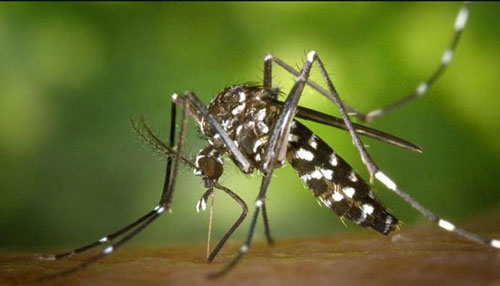Rio De Janeiro
Exposure to the mosquito-transmitted illness dengue may provide some level of immunity against COVID-19, a new study that analysed a coronavirus outbreak in Brazil revealed on Tuesday.
The not yet published study led by Miguel Nicolelis, a professor at Duke University, and shared exclusively with Reuters, compared the geographic distribution of coronavirus cases with the spread of dengue in 2019 and 2020.
Places with lower coronavirus infection rates and slower case growth were locations that had suffered intense dengue outbreaks this year or last, Nicolelis found.
“This striking finding raises the intriguing possibility of immunological cross-reactivity between dengue’s Flavivirus serotypes and SARS-CoV-2,” the study said, referring to dengue virus antibodies and the novel coronavirus.
“If proven correct, this hypothesis could mean that dengue infection or immunization with an efficacious and safe dengue vaccine could produce some level of immunological protection” against the coronavirus, it added.
Nicolelis told Reuters the results are particularly interesting because previous studies have shown that people with dengue antibodies in their blood can test falsely positive for COVID-19 antibodies even if they have never been infected by the coronavirus.
“This indicates that there is an immunological interaction between two viruses that nobody could have expected, because the two viruses are from completely different families,” Nicolelis said, adding that further studies are needed to prove the connection.—Reuters










